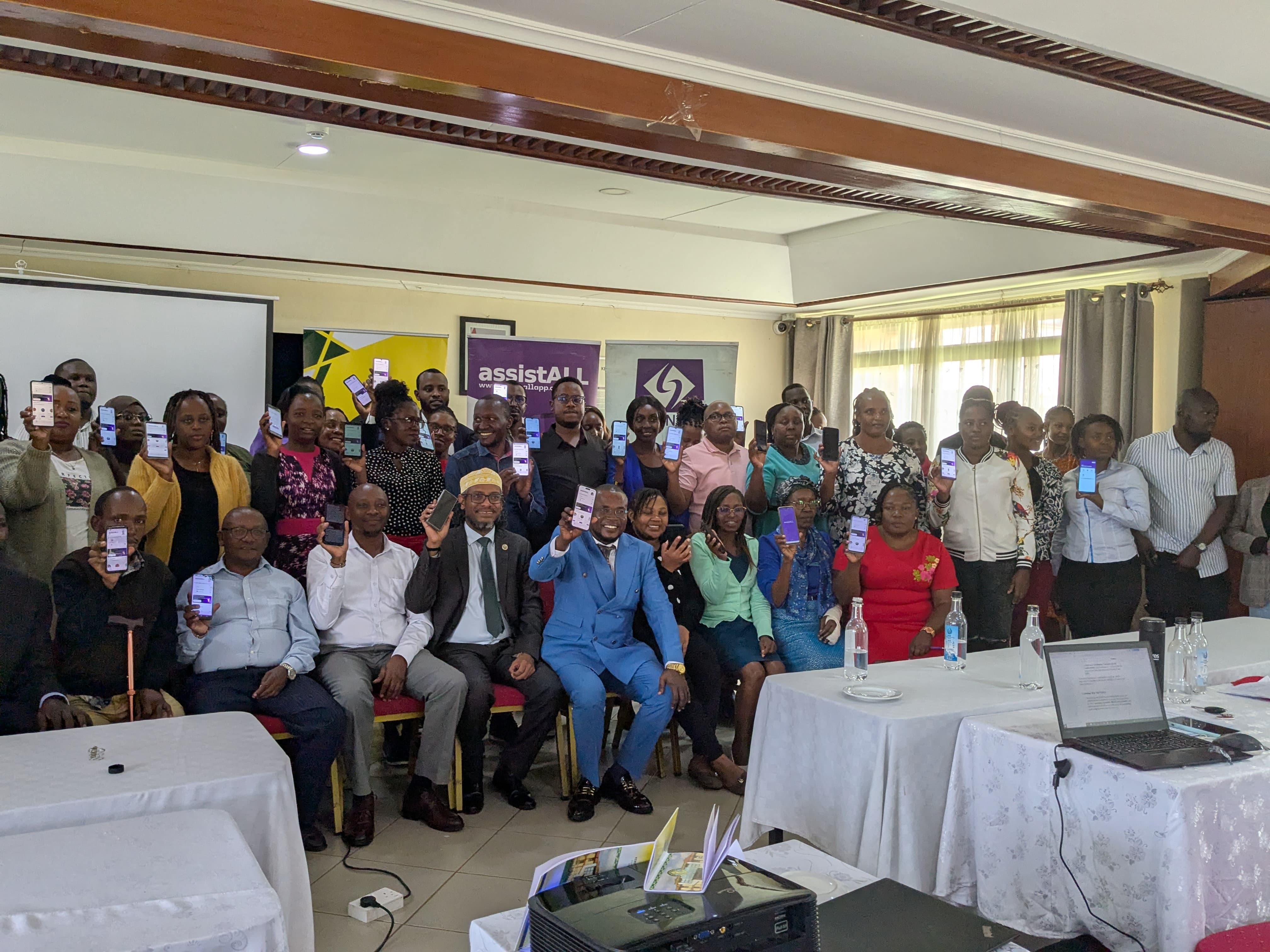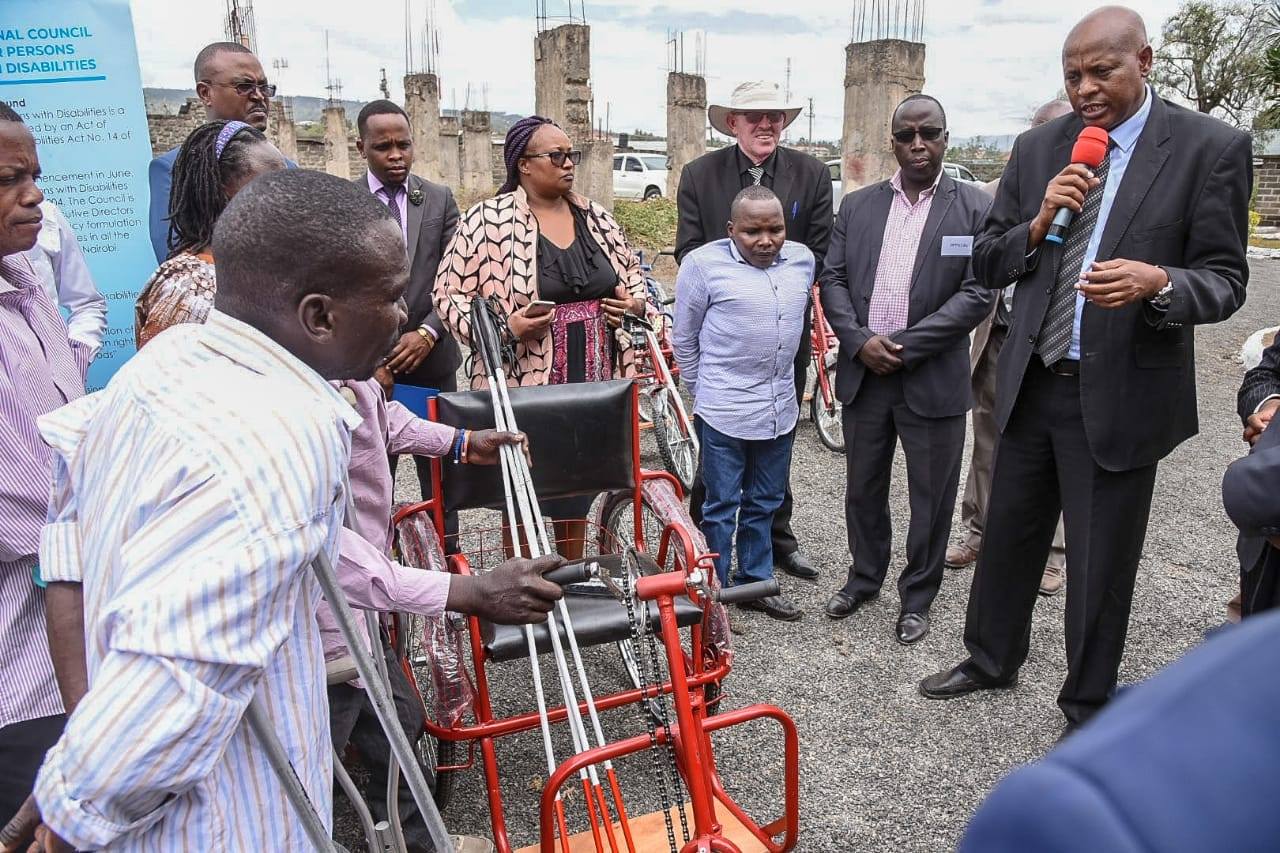A Unique Clinic, Treating Women With Disabilities
Health care is still a hard nut crack in many counties. people can still not afford good health care for many reasons,’ poverty being one of them. To fight this, many countries have adopted new ways of making sure its citizens are receiving proper health care. Kenya for instance, has A NATIONAL HEALTH INSURANCE FUND, which helps the low earners to access treatment at an affordable rate. Expectant women have not been left behind; the LINDA MAMA card ensures that women deliver free under the care of the specific hospital.
Persons with disabilities face the same wrath of not being able to receive proper health care. From the building structures and infrastructure. Many hospitals for instance don’t have sign language interpreter, meaning if a deaf person wants to access a hospital, it will be hard for them because of language barrier.
Hospitals structures with no brail writings, make it impossible for a blind person to access the facility. The wheelchair users get it hard to freely move around in a structure that has no ramp. However, The government has tried to make the health facilities accessible to all persons by making them disability friendly. Efforts by organizations and individuals to champion for health care rights for persons with disabilities are yet to yield fruits. In the US, A clinic that specifically deals with women with disability has been put up.
It is one of a handful of centres in the US that offers specialty gynecology appointments for women with mobility issues and other challenges. The clinic has scales for weighing women in wheelchairs, accessible exam tables, patient lifts, and padded hydraulic stirrups. The clinic offers expertise with preventive care, birth control, a pap test, menstrual problems, post-menopausal bleeding, pelvic pain, sexually transmitted diseases and vaginitis. The medical team works with radiology and breast imaging departments to coordinate care for mammograms and related services, so women can get a mammogram while seated.
The clinic was designed in consultation with women with disabilities, and who might not have control over their lower extremities because of multiple sclerosis, cerebral palsy or some form of paralysis. The equipment has larger footrests, a Hoyer lift to raise a person onto a table, and transfer boards so a patient can slide from a wheelchair to a bed.
Story by;
Silas Abbas
Tags: Pwds
Related
Share this article
Unregistered Staff and Guest Writers: This account will no longer post articles. We appreciate your past engagement and invite you to stay connected with us!
View articles

